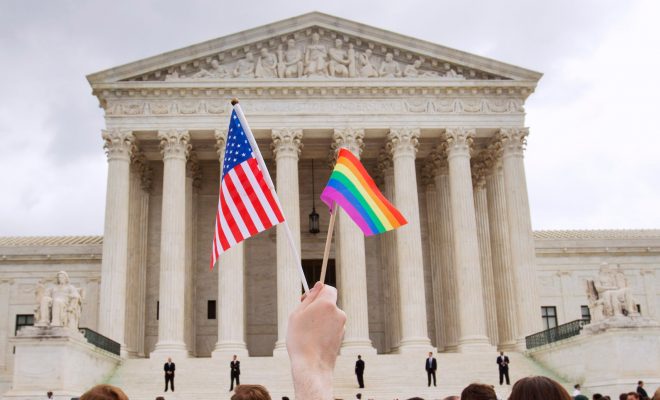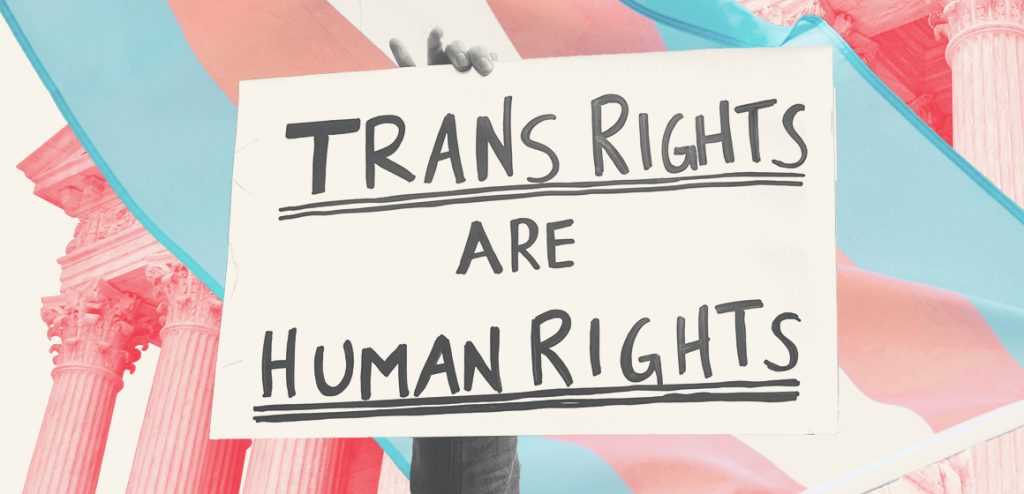
Health
Supreme Court Rules In Favor of LGBTQ Community, So What Now for Transgender Health Care?
In a long-awaited decision, the Supreme Court ruled 6-3 in favor of protecting those of the LGBTQ community against workplace discrimination on Monday, June 15. This means that in accordance to Title VII of the 1964 Civil Rights Act, that gay and transgender people can no longer be terminated from their job because of their sexuality.
While this is a positive and promising advance in what’s been actively known as the gay rights movement, and especially brings celebratory news during Pride Month, the Supreme Court’s decision also brings into question the possible new advancements to be made against the Trump administration’s removal of non-discrimination protection for transgender people in healthcare.
This protection removal was signed off by President Trump on Friday, June 12, which rescinded transgender rights in healthcare that were first set during the Obama era. Known as the Health Care Rights Law, Section 1557 of the Affordable Care Act, “prohibits discrimination based on race, color, national origin, sex, age or disability in certain health programs and activities.”
According to statement, the US Department of Health and Human Services will use the government’s interpretation of sex discrimination based on “the plain meaning of the word ‘sex’ as male or female and as determined by biology.” Lack of protection for transgender people in accordance with this means that transgender patients can be refused service by medical practitioners due to their gender identity versus their biological sex.
While the transgender community has suffered the elimination of their rights in the United States military, in education, and in housing, this health care regulation poses an all new threat to their health and safety. During the current pandemic, this decision would allow for possible transgender COVID-19 patients to be turned away by medical practitioners, further highlighting the frustration felt with the timeliness of this new regulation.
Photo from ACLU.org
In addition to the dangers of Coronavirus, this protection removal could mean that a transgender person with breast cancer could be refused life-saving treatment. Alongside that, the estrogen hormones taken by transgender women put them a higher risk of developing heart and blood pressure problems. This can potentially develop into life-threatening issues if not properly treated, treatment that can now be refused.
Yesterday’s Supreme Court decision was a huge step forward. But, the work continues. Attacks on #trans healthcare ramped up with the rollback of protections under 1557, reminding us how much more there is to do. Help fuel our work with a contribution https://t.co/5rkBlTAPz5 pic.twitter.com/vuAB7pHCo6
— National Center for Transgender Equality (@TransEquality) June 16, 2020
After the recent Supreme Court elimination of LGBTQ hiring discrimination, the hope now is that the transgender community will receive the same equality and protection in health services.










0 comments